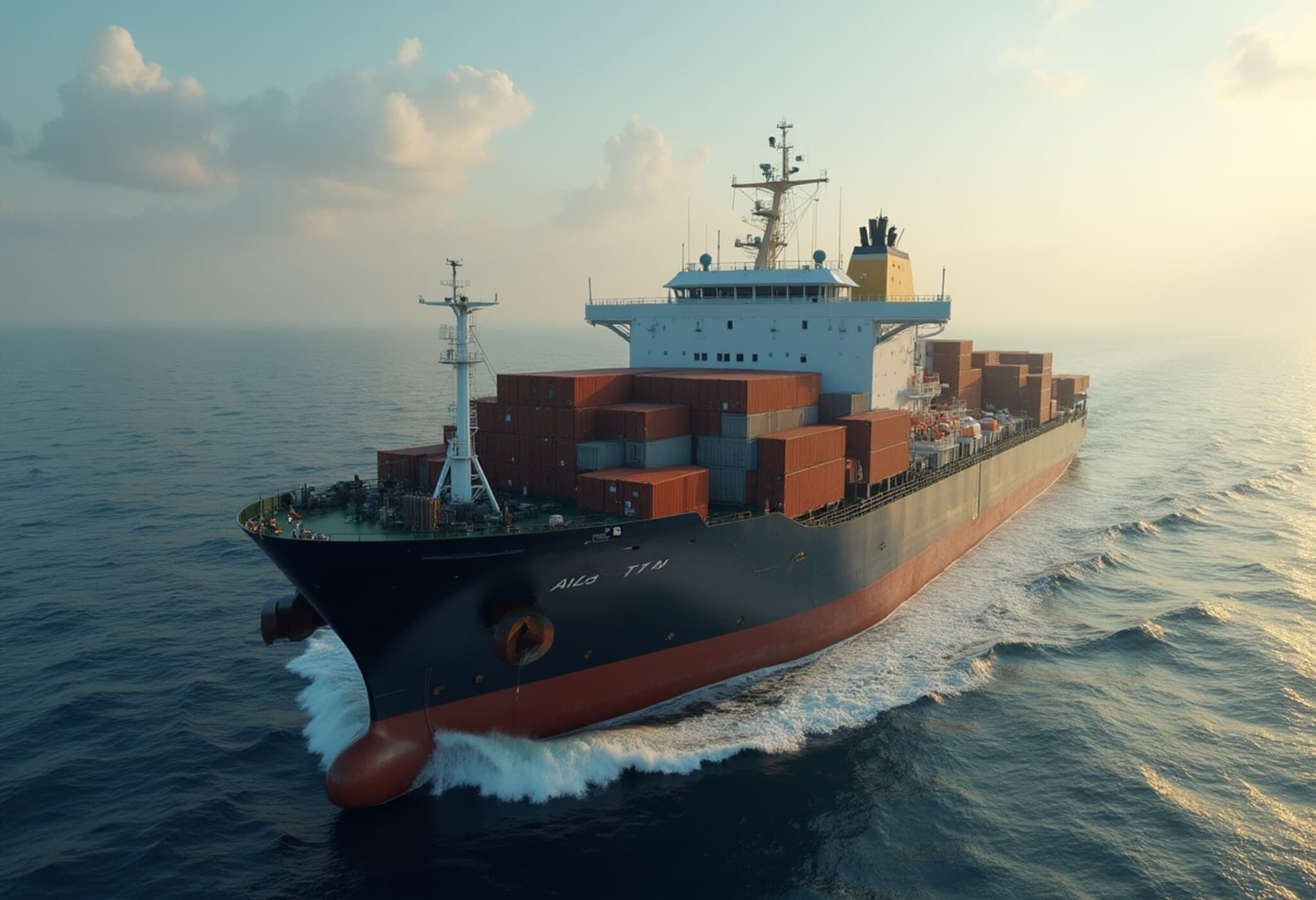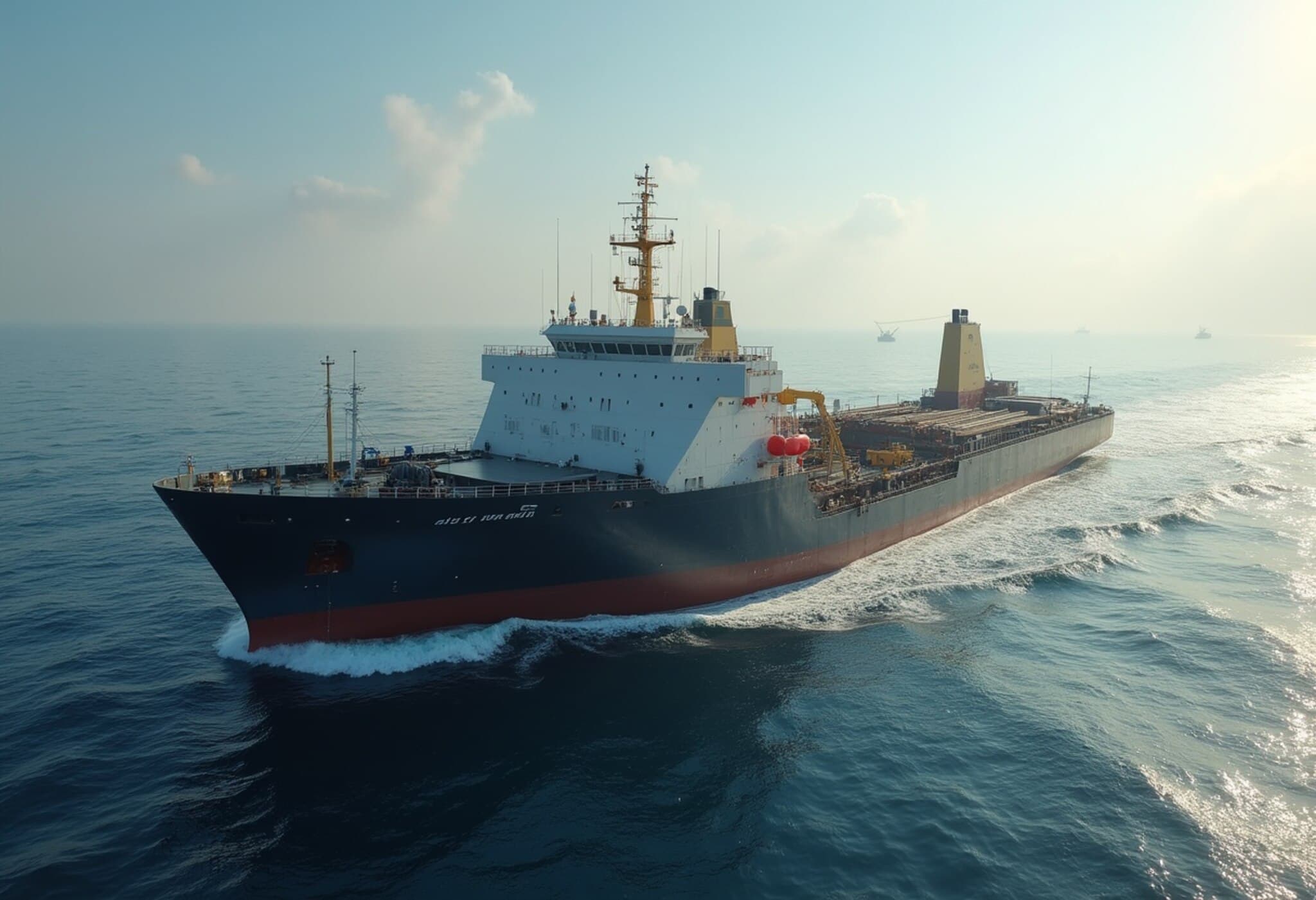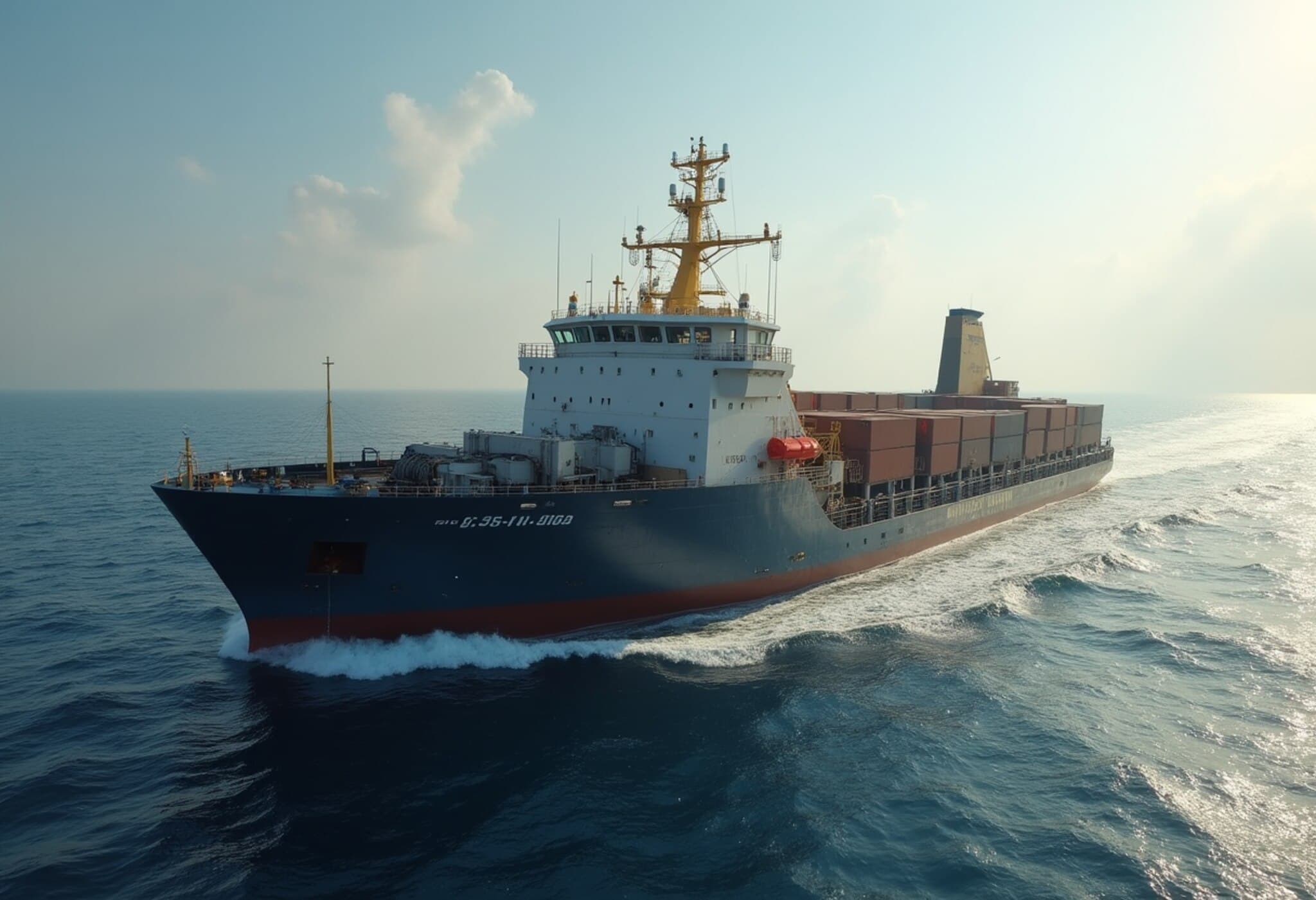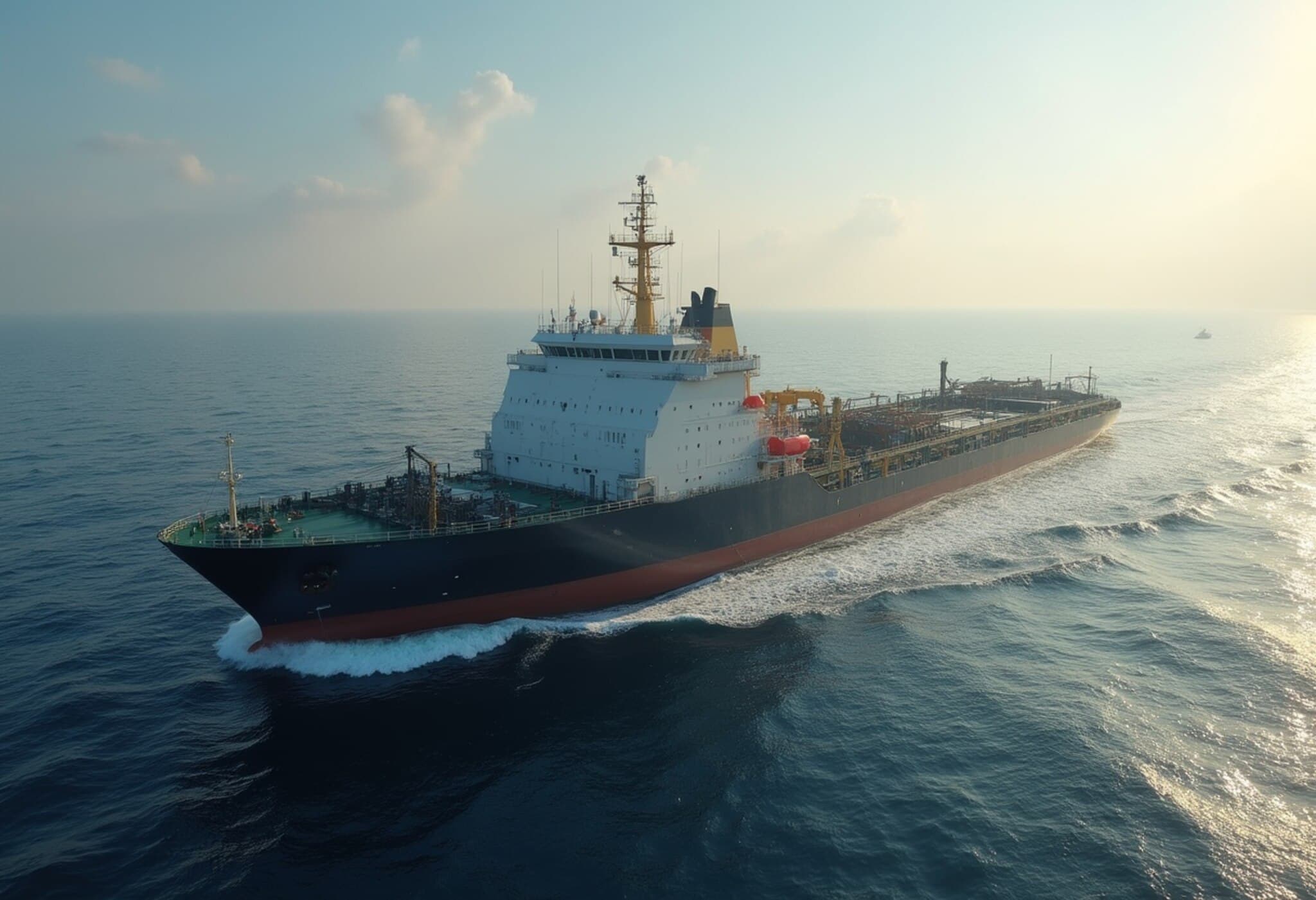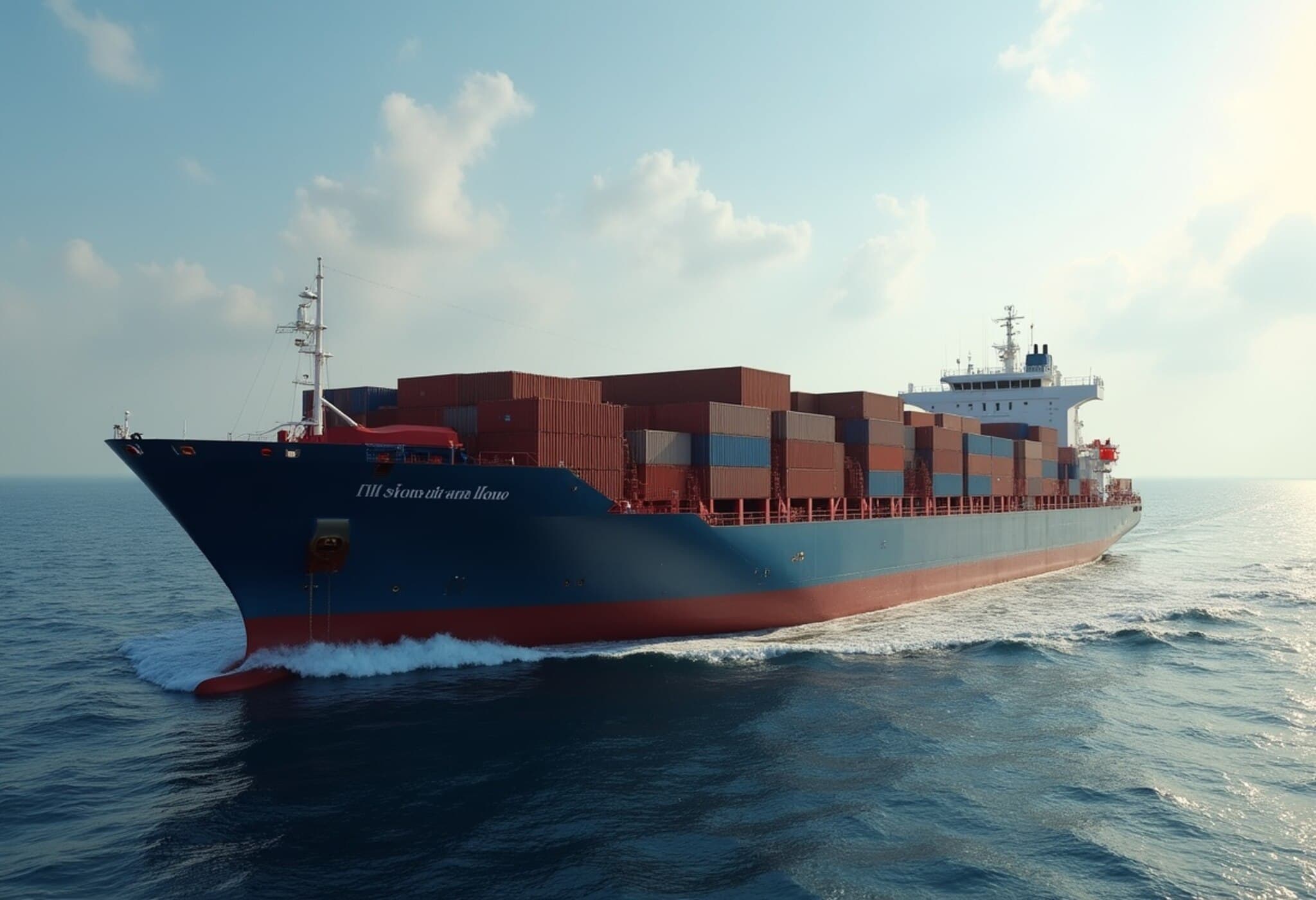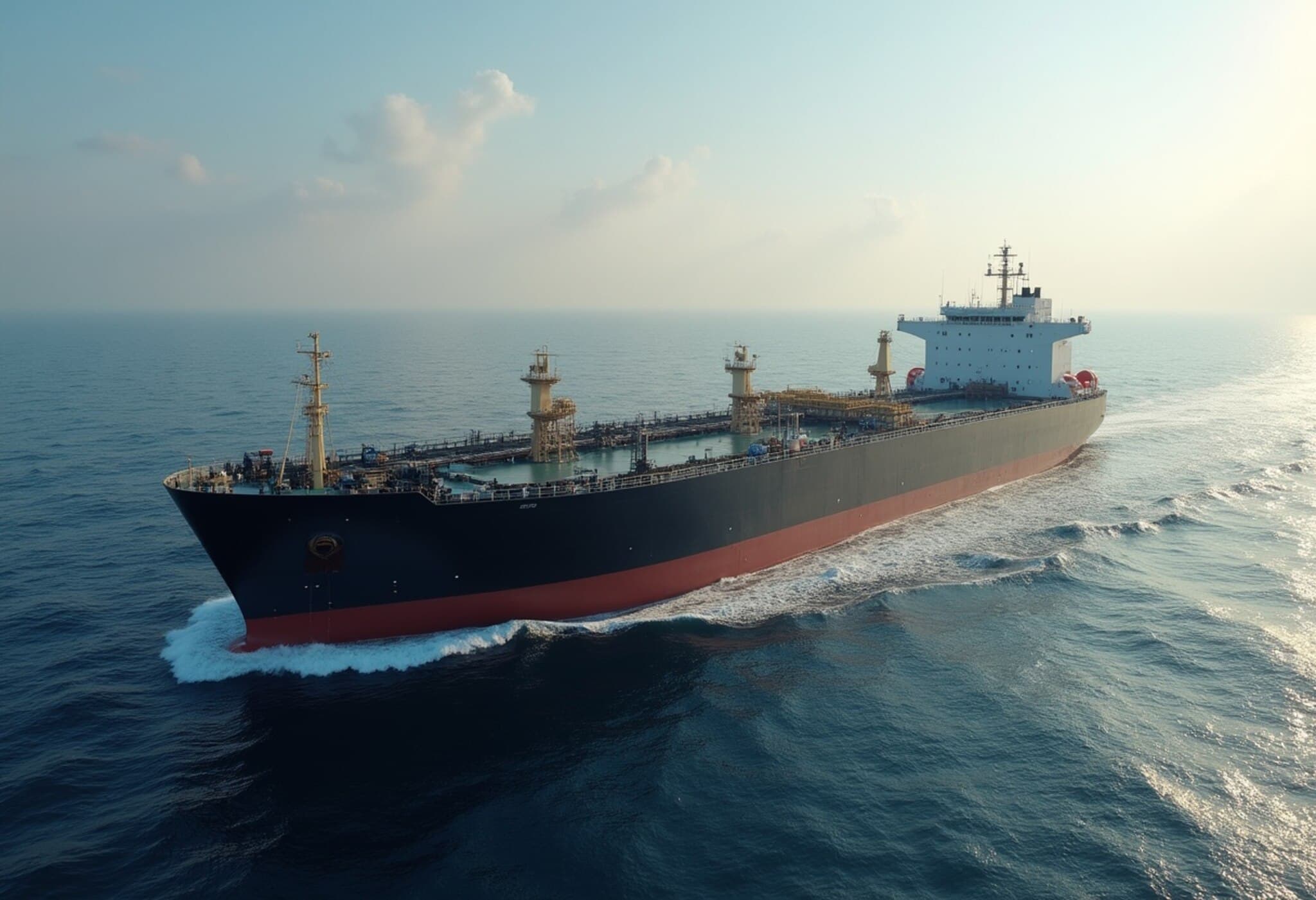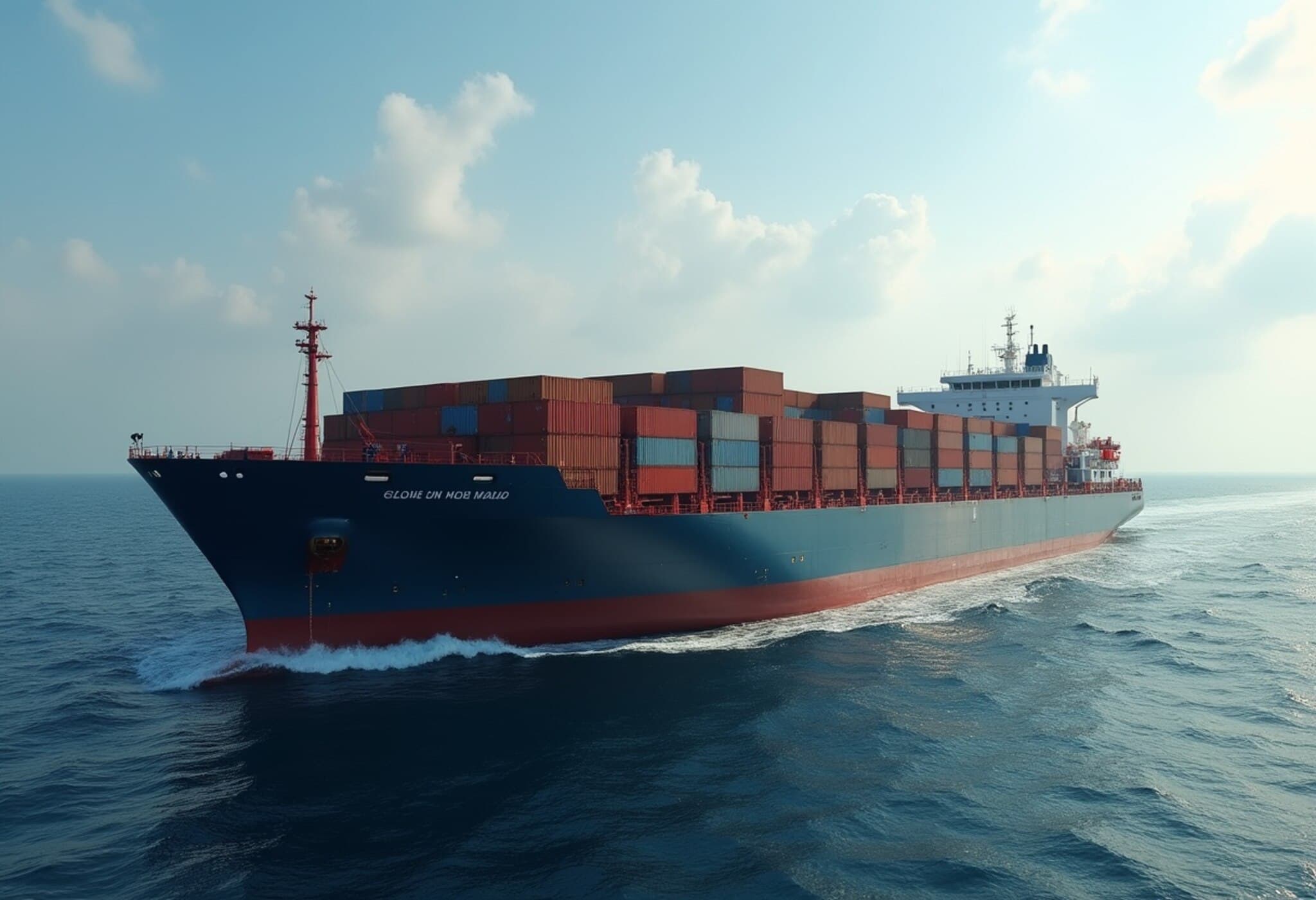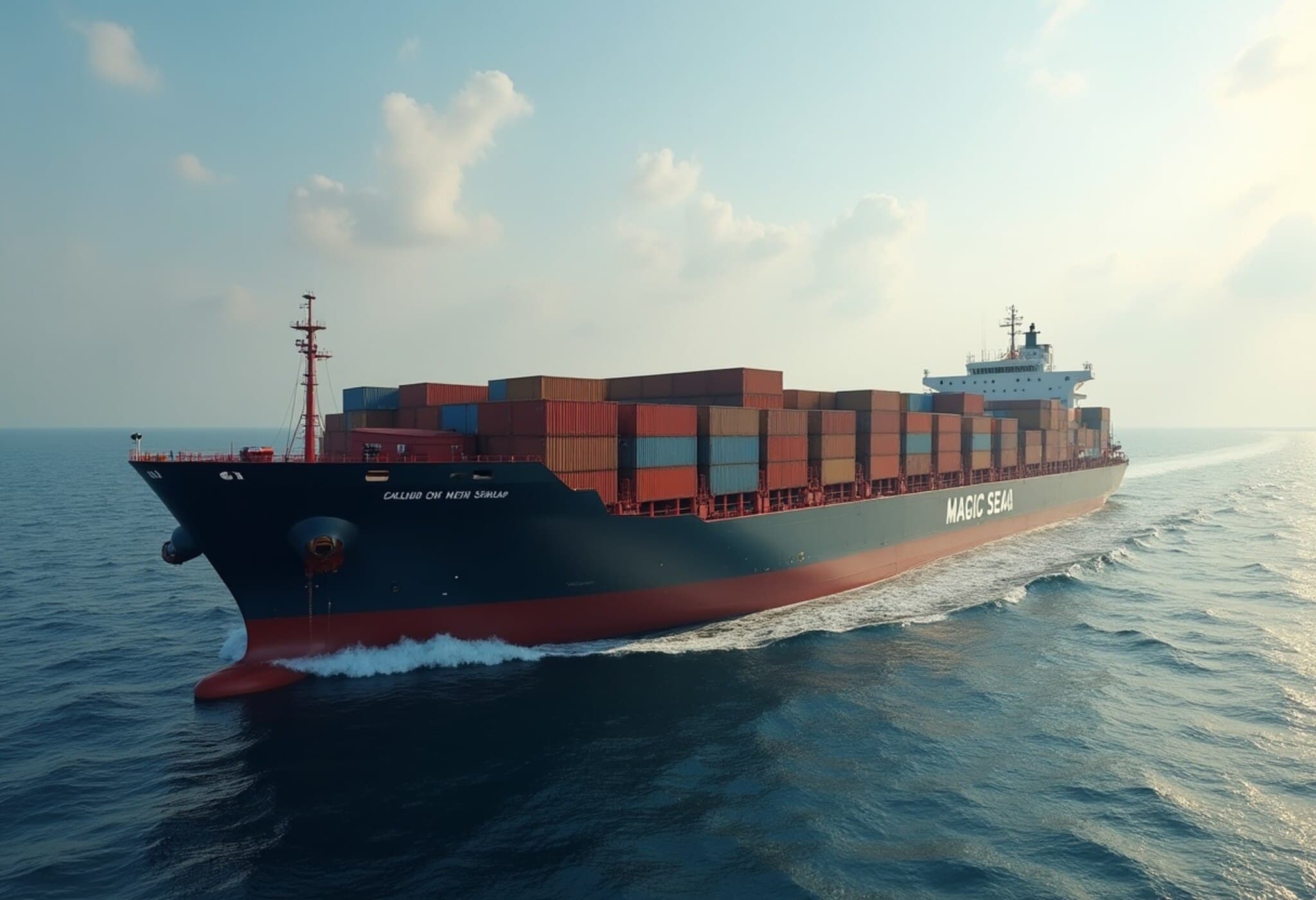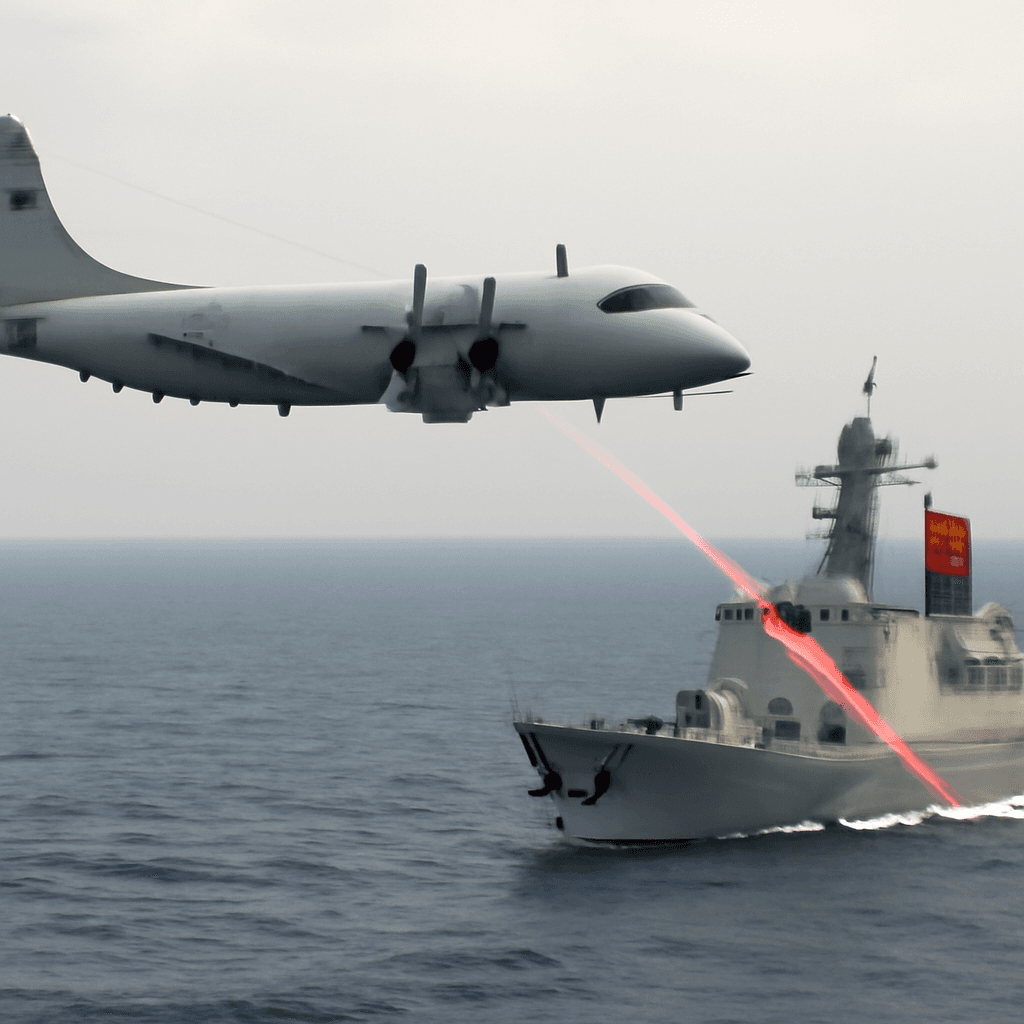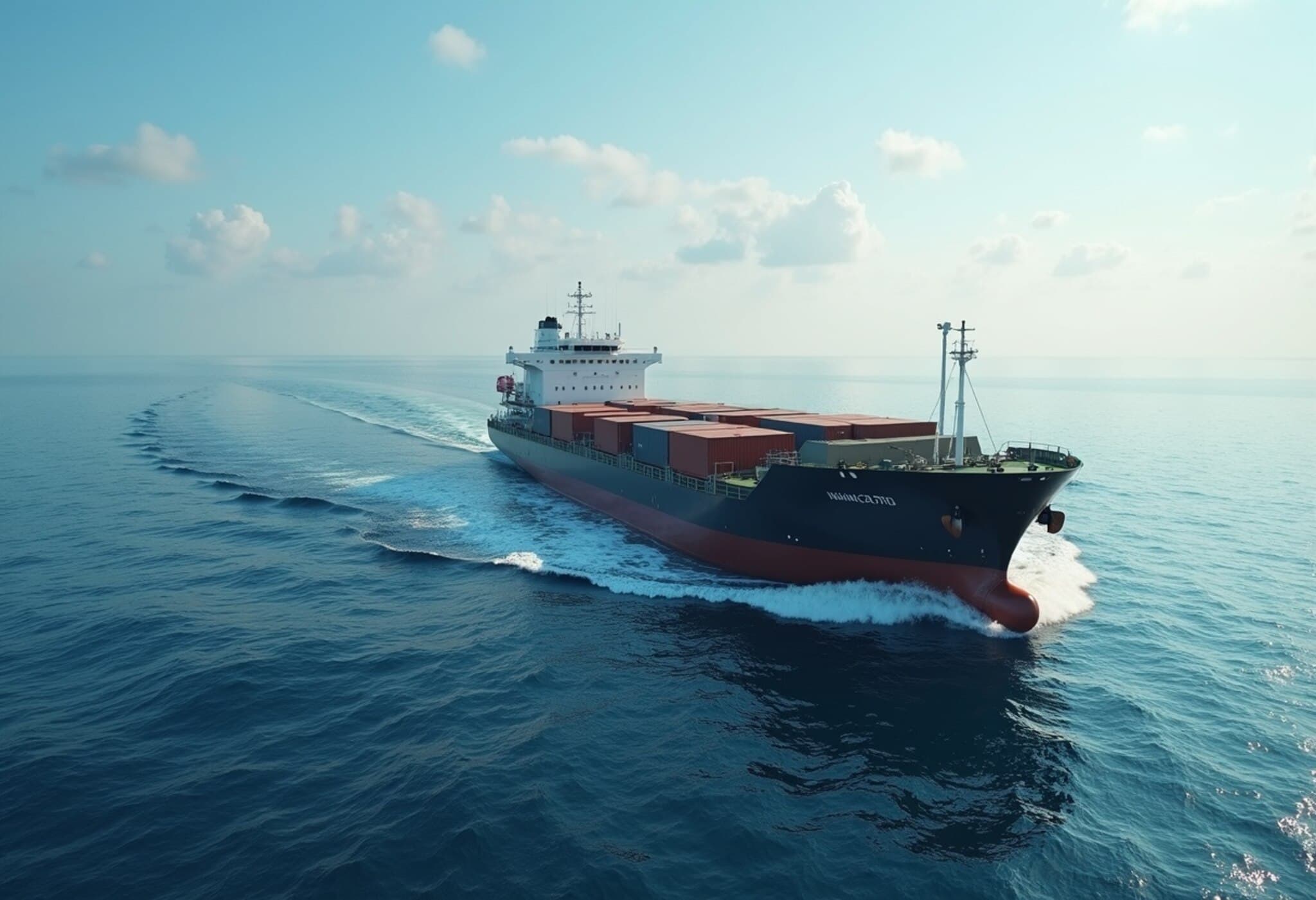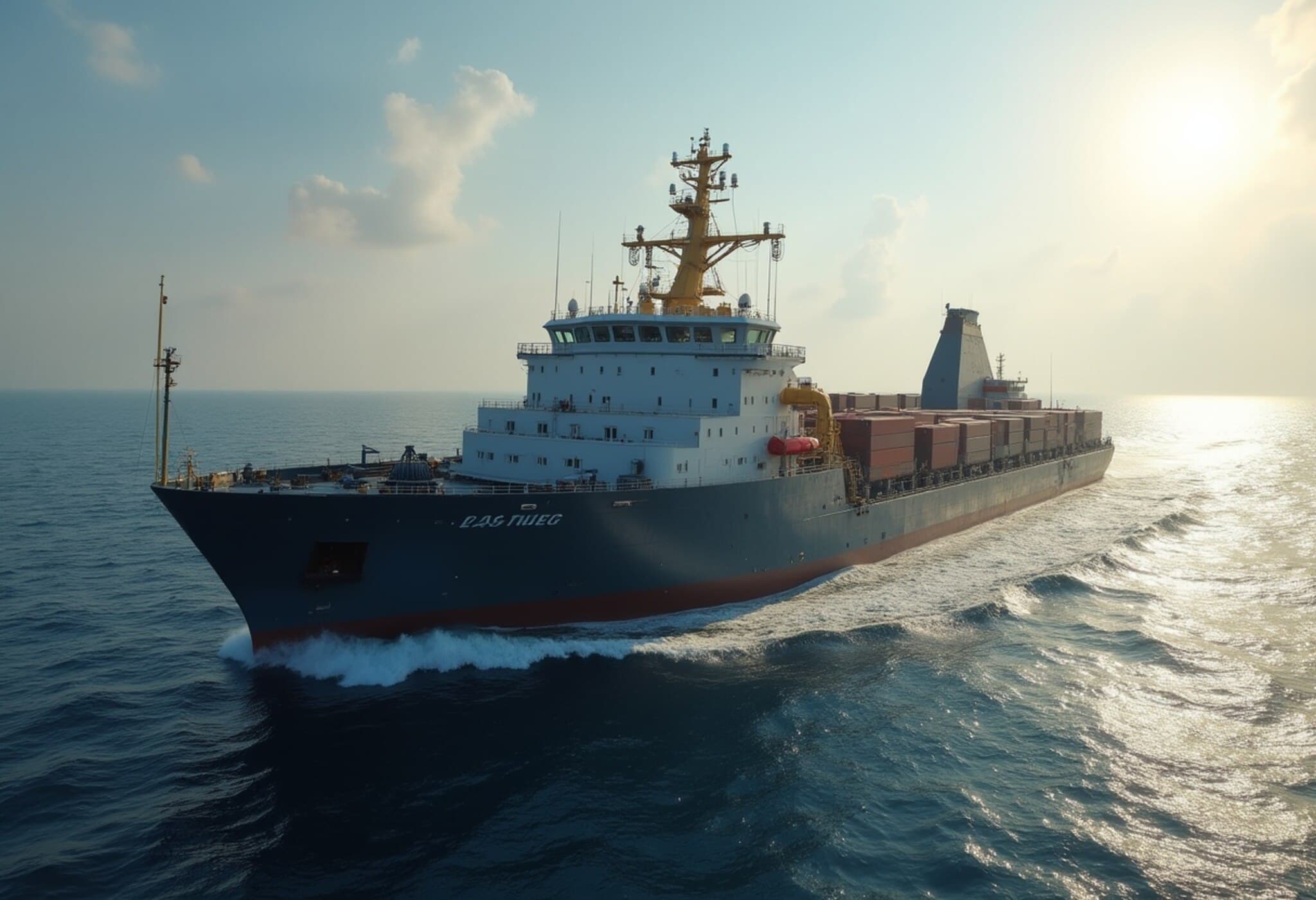Maritime Vessels Adopt New Tactics to Evade Houthi Attacks in the Red Sea
As violence escalates in the Red Sea, commercial ships traversing this vital shipping corridor are now broadcasting unique messages on their Automatic Identification System (AIS) profiles in a desperate attempt to avoid becoming victims of recent attacks by Yemen’s Houthi militia. These messages often assert the crew’s religious affiliation or nationality in hopes of signaling non-involvement in the ongoing regional conflicts.
Context: The Growing Threat in the Red Sea
The strategic Red Sea waterway, especially the narrow Bab al-Mandab strait, is a linchpin for global oil and goods transport, linking the Mediterranean with the Indian Ocean. For months, maritime traffic had experienced a lull following a surge of Houthi attacks that began in November 2023, a period aligned with the escalation in the Gaza conflict.
The Iran-backed Houthi rebels have explicitly declared a blockade against ships affiliated with Israel. This week alone, the group sunk two vessels after a relative calm, reinforcing their stance through leader Abdul Malik al-Houthi’s ultimatum that no company connected to Israeli trade will be allowed passage.
Why Are Ships Broadcasting ‘All Crew Muslim’ and Similar Messages?
Investigations by maritime tracking services such as MarineTraffic reveal that ships are now updating their AIS public profiles with messages like “All Crew Muslim” or clarifications of having a solely Chinese crew and management. Some vessels also highlight the presence of armed security personnel onboard.
- Purpose: These declarations aim to denote neutrality or non-association with Israel, hoping to dissuade attacks.
- Effectiveness: Maritime security experts, however, express skepticism. Houthi intelligence is described as highly advanced and proactive, suggesting these markings might offer little actual protection.
Broader Implications and Risks
Data shows that some vessels targeted by the Houthis had docked at Israeli ports within the last year, complicating the challenge for ship operators.
According to U.S. Central Command, even Chinese-owned vessels like the tanker Huang Pu were attacked by Houthis in March 2024 despite prior assurances of immunity, highlighting the volatile nature of the threat. Additionally, vessels linked to Russia have also been targeted, intensifying global concerns over maritime security.
Insurance markets reflect this uncertainty, with providers such as Aon branding the Red Sea and Bab al-Mandab Strait as high-risk zones. The cost of insuring shipments has more than doubled following recent incidents, and some insurers have even suspended coverage on certain routes, underscoring the economic ramifications of maritime insecurity.
Declining Traffic and Human Cost
Shipping data from Lloyd’s List Intelligence shows a sharp drop in daily vessel movements through Bab al-Mandab—from an average of 79 sailings in October 2023 to just 32–35 daily this July. This decline not only threatens global trade efficiency but also raises concerns about supply chain disruptions.
Highlighting the human side of this crisis, the UK-based Seafarers’ Charity reminded the world that seafarers are critical pillars of global trade, ensuring the steady flow of food, fuel, and medicine. Yet, these workers are increasingly exposed to grave danger, risking their lives amid political and sectarian conflicts far beyond their control.
Expert Insight: Navigating a Complex Geopolitical Minefield
From a policy standpoint, the Red Sea incidents underscore the urgent need for multilateral maritime security cooperation involving regional powers, international navies, and the shipping industry. The intertwining of geopolitical conflicts with commercial shipping lanes calls for:
- Enhanced intelligence sharing to anticipate and neutralize threats.
- Robust enforcement of international maritime law ensuring freedom of navigation.
- Increased diplomatic efforts to de-escalate regional tensions that directly impact global trade.
For American and global policymakers, safeguarding the Red Sea shipping lanes remains crucial given its role in energy supplies and international commerce. Persistent attacks threaten not only economic stability but also international security frameworks.
Looking Ahead
As the Houthis continue to assert control and restrict maritime access based on political alignments, the international community faces challenging questions:
- Can diplomatic negotiations bring lasting peace to this strategically vital region?
- What innovative security measures can shipping companies adopt beyond public AIS declarations?
- How can insurers and governments collaborate to manage risk without stifling commerce?
The answer to these questions will shape not only the future of Red Sea navigation but also the resilience of global trade networks amidst growing geopolitical fracturing.
Editor’s Note
While messages like “All Crew Muslim” might initially seem like clever workarounds, they reveal the extent of anxiety pervading maritime operations in conflicted waters. The Red Sea crisis is a stark reminder: in today’s interconnected world, geopolitical conflicts ripple far beyond their origins, endangering ordinary workers and disrupting the supply chains that sustain billions. Vigilant, informed dialogue and coordinated action are essential to navigate these tumultuous times, ensuring that global commerce and humanity’s lifelines remain unbroken.

